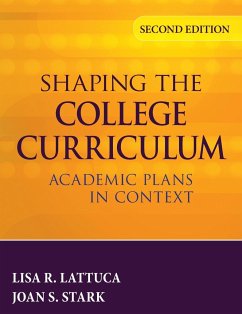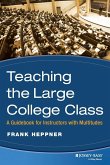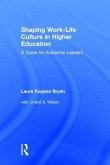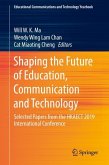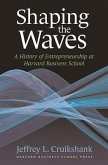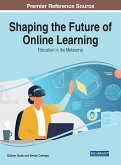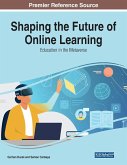Updated and substantially revised since its original publication, this new volume serves as a resource for individuals and groups whose work includes planning, designing, delivering, evaluating, and studying curricula in higher education. The academic plan concept, introduced and explained in the first edition, provides the framework for this volume. An expanded review of theory and research on learning enhances the authors' discussion of how the needs of learners can be addressed in the design of academic plans. A new chapter on curricular change builds on research on organizational change and provides practical guidance to assist faculty members and administrators who are considering and implementing substantial improvements in programs. Each chapter includes updated research findings relevant to curriculum planning, accreditation, teaching, and learning. Finally, information on curriculum planning in for-profit institutions and online education programs supplements the primary focus on planning in not-for-profit institutions. The second edition is also reorganized to facilitate use of the book by researchers, faculty, administrators, and graduate students. "This is an extraordinary book that offers not a particular curriculum or structure, but a comprehensive approach for thinking about the curriculum, ensuring that important considerations are not overlooked in its revision or development, and increasing the likelihood that students will learn and develop in ways institutions hope they will. The book brings coherence and intention to what is typically an unstructured, haphazard, and only partially rational process guided more by beliefs than by empirically grounded, substantive information. Lattuca and Stark present their material in ways that are accessible and applicable across planning levels (course, program, department, and institution), local settings, and academic disciplines. It's an admirable and informative marriage of scholarship and practice, and an insightful guide to both. Anyone who cares seriously about how we can make our colleges and universities more educationally effective should read this book." --Patrick T. Terenzini, distinguished professor and senior scientist, Center for the Study of Higher Education, The Pennsylvania State University
Hinweis: Dieser Artikel kann nur an eine deutsche Lieferadresse ausgeliefert werden.
Hinweis: Dieser Artikel kann nur an eine deutsche Lieferadresse ausgeliefert werden.

